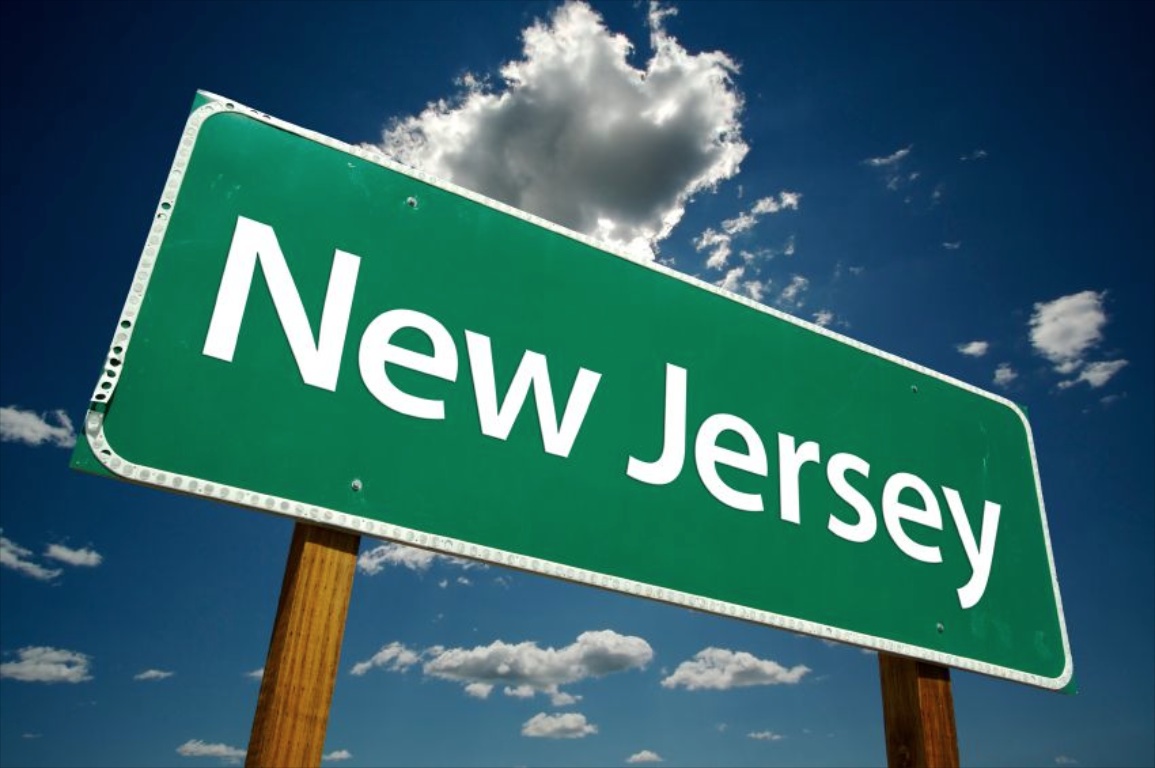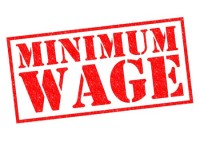
By MATT MANCUSO

The ‘American Dream’ is dead. It is a concept that is long-gone, at least to Dan McGrotty, 23, from Long Branch. He recently made the choice to return home to Glen Rock, living with his parents, in order to save money. “Well, I would say it was definitely difficult for us to find a place both times we looked for apartments.” said McGrotty.
He hopes the housing market will be more inviting in the future, but right now, it’s out of reach.
Today, affordable housing is a distant memory. The phrase “The American Dream” has held different meanings throughout American history. As quoted by Robert Shiller from the New York Times, “In the 1930s and ’40s, the term [the American Dream] appeared occasionally in advertisements for intellectual products: plays, books and church sermons, book reviews and high-minded articles. During these years, it rarely, if ever, referred to business success or homeownership” (Shiller, 2017). The definition that most people associate it with, today, is the potential of homeownership. It can also mean having a loving family, a decent car, and a stable job in a comfortable neighborhood. Unfortunately, for many young people, these ideas represent a luxurious goal that may or may not be attainable in the future. For many, making ends meet on a monthly basis is an all-too-real challenge.
A Difficult Process
For McGrotty, there have been multiple moves in an attempt to find affordable housing in New Jersey. “The first time it was due to our income being low, having a lack of credit history, and the fact that Haley [Dan’s significant other] and I aren’t married. Landlords do sometimes have a bias towards that because they get concerned that if the couple they are renting to breaks up, then there is a chance that they’ll have to break the lease.”
According to smartasset.com, a website that tracks the cost of renting apartments nationwide, a one-bedroom apartment in New Jersey is $353 above the national average, which sits at around $1,055. And for a two bedroom apartment, the average New Jersey rent is $1,757, which is $526 above the national average. These prices only climb exponentially from there. A competitive housing market means that more people are likely to rent than previous generations. What is considered a low-priced home in New Jersey of $50 thousand or higher may be out of the question for many prospective buyers.
“The second time around, the trouble was finding an affordable place, plus the fact that most of the rentals we would find were seasonal rentals,” he said. “This added another problem to our list because annual rentals tend to be cheaper. Overall, it is definitely tough for us to find an affordable rental. Most people need roommates to get by in NJ, but finding a roommate can be tough unless you have a friend already that wants to move in together.”
But housing is just one piece of the pie. Utilities are a separate fee, as well as internet or cable access, plus a monthly phone bill, and you find the cost of living in the state to rapidly eat up any funds leftover from work. Also consider that New Jersey’s property taxes sit at the highest in the nation, along with grocery prices that rank as the eighth-highest in the US.
Rising Costs, Lower Pay

The renting costs mentioned earlier may be expected to some, given the housing recession of 2008 and inflation in the years since, but the low minimum wage assigned to New Jersey workers makes the matter more complicated. According to the National Conference of State Legislatures (NCSL), as of 2018, the minimum wage in New Jersey sits at $8.60 per hour. Although this number is slightly higher than some other states’ minimum wage, such as Idaho’s $7.25 and Florida’s $8.25, the high cost of living in this state means that money can dry up fast. Finding a well-paying job is a frustrating process, filled with lengthy online-exclusive applications to fill out and weeks of waiting for employers to call back for interviews. Newly-elected Governor Phil Murphy defends the idea of a higher minimum wage, but says it will take some time to accomplish. Susan K. Livio from NJ.com wrote, “Murphy, who campaigned for a $15 minimum wage for all hourly workers, acknowledged there were differences of opinion. ‘We can’t get there overnight,’ he said of negotiations.” (Livio, 2018). While the cost of goods has risen, salaries have not been as quick to play catch-up.
These are all worrying concerns for people living in New Jersey. However, it isn’t the last of financial troubles, especially for young people across the country. Student loans from attending college are a problem that continue to affect over 44.2 million Americans, according to “Student Loan Hero” a website that helps students manage their college loans. The website also reports that the average monthly payment for student loans sits at $351, but can fluctuate depending on how expensive their school’s tuition is. This is a problem that only the United States faces, along with health care concerns, and makes an affordable living in New Jersey a difficult prospect.
Another young man looking to move away from home, Peter Markey, 24, shared what he wants of living conditions in the near future. “So at this point in life, I would rent an apartment over buying a house, partially due to the obscene cost of a house” said Markey. “I’d personally prefer to live alone, but I would initially like to have roommates both for sharing costs and having friends around.”
The future is uncertain for both McGrotty and Markey, but one thing is certain. They can reside in their parents’ homes until they save enough money to afford moving out. Until then, we can only hope that the housing situation in New Jersey becomes more accommodating for everyone, including young people.
This article is thorough. Quotes and research provide for a great article. I wish there was more statistics on cost of living from the surrounding states like PA, NY and CT.